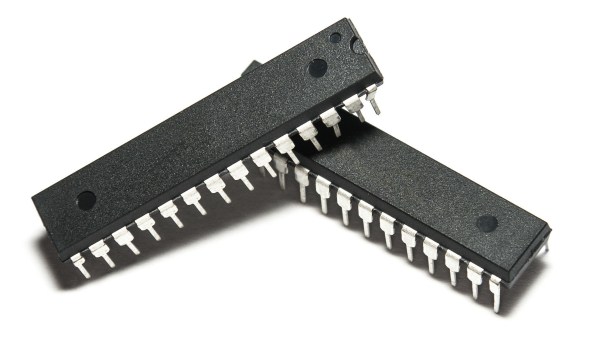This morning the Open Source Hardware Association (OSHWA) announced a resolution for changing the way SPI (Serial Peripheral Interface) pins are labelled on hardware and in datasheets. The protocol originally included MOSI/MISO references that stand for “Master Out, Slave In” and “Master In, Slave Out”. Some companies and individuals have stopped using these terms over the years, but an effort is being taken up to affect widespread change, lead by Nathan Seidle of Sparkfun.
The new language for SPI pin labeling recommends the use of SDO/SDI (Serial Data Out/In) for single-role hardware, and COPI/CIPO for “Controller Out, Peripheral In” and “Controller In, Peripheral Out” for devices that can be either the controller or the peripheral. The change also updates the “SS” (Slave Select) pin to use “CS” (Chip Select).
SPI is widely used in embedded system design and appears in a huge range of devices, with the pin labels published numerous times in everything from datasheets and application notes to written and video tutorials posted online. Changing the labels removes unnecessary references to slavery without affecting the technology itself. This move makes embedded engineering more inclusive, an ideal that’s easy to get behind.
[2022 Editor’s Note: The OSHWA changed its recommended naming to PICO/POCI for “Peripheral In, Controller Out” and “Peripheral Out, Controller In”. Fine by us! I’ve updated this throughout the rest of the article because it doesn’t change Mike’s original argument at all.]
Continue reading “Updating The Language Of SPI Pin Labels To Remove Casual References To Slavery”











